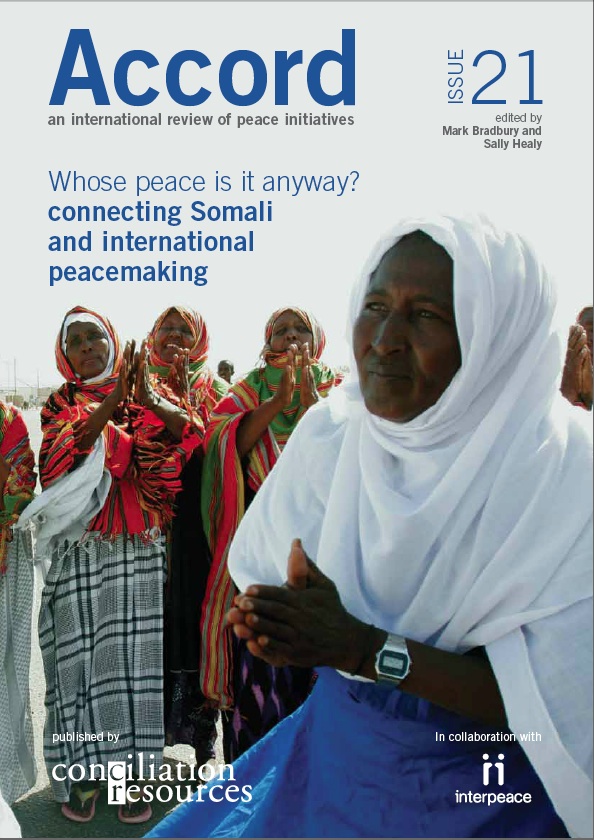The 19th century English explorer Richard Burton famously described Somalis as a ‘nation of poets’ in his classic work First Footsteps in East Africa. Poetry has traditionally been the principal medium through which Somalis define their identity, record their history, express their innermost feelings and communicate their views.
Somali poetry includes both a rich folklore heritage such as work songs (hees-hawleed) sung to accompany everyday tasks like watering camels, and a classical form of poetry (maanso) composed by poets. Within Somalia’s oral culture, poetry is especially powerful in influencing people’s attitudes and Somali history provides ample examples of poets who used their art both to fan the flames of war and to bring peace.
The early 20th century poet-warrior Sayid Muhamed Abdulle Hassan is a case in point. A symbol of proto-Somali nationalism for the twenty year war that his dervish movement fought against the colonialists, he is considered by many Somalis to be the greatest ever Somali poet, and he used his status to rally his followers.
Many Somali poets have also used their art to promote peace, as the following line from a classical poem illustrates:
Hawo iyo hilow gacalo iyo, hurud nabdoon baa leh
“The pursuit of pleasure, love and tranquillity are attributes of peace”
This poetic viewpoint is consistent with some well known Somali sayings:
Ha dagaalin: minaad raydo reerkaaga waaye; minii lagaa raayo ruuxaaga waaye
“Do not fight: if you win, you pay with your stock; and if you lose, you pay with your life”
Dagaal waa ka-dare
“War is worst”
Nabad la’aan waa nolol la’aan
“No peace is no life”
An example of a poet as peacemaker is the early 20th century poet Salaan Carrabey, who used poetry to separate the forces of two related kin groups, Axmed Faarax and Reer Daahir, that were on the brink of war. Following a failed attempt at mediation by a religious leader, Salaan Carrabey asked that he ‘speak to them in a language they could understand’ and recited a poem entitled Waar Tolow Colka jooja – “Oh Clansmen, Stop the War”.
The influence of the poet and his poem proved stronger than that of the Sheikh and Qur’anicverses. The forces disengaged and the fighting was averted. Below is an extract from this famous poem. The English translation is Martin Orwin’s:
Oh Clansmen, Stop the War
You killed Rabjaan in revelry
And in transgression of custom
And up to today a stick has not been broken for him
And we remember well-known Jaamac
Who was the first in oratory for us
We know about what happened in the past
No one is more close to each other than us
And yet there is anger between us
If you devour each other
I won’t respect you
It’s as much as I’ll join forces with one side
And join in the attack on the other
It is as if my fingernails are
Cutting up my stomach
And I shall die of anger
And grief and rage
My power will diminish
So say together “I seek protection from God”
Oh Clansmen, Stop the War!
Poetry remains very influential in Somali society both in the country and among the diaspora, but it is changing under the influence of new forms of media, communications and other cultures.

